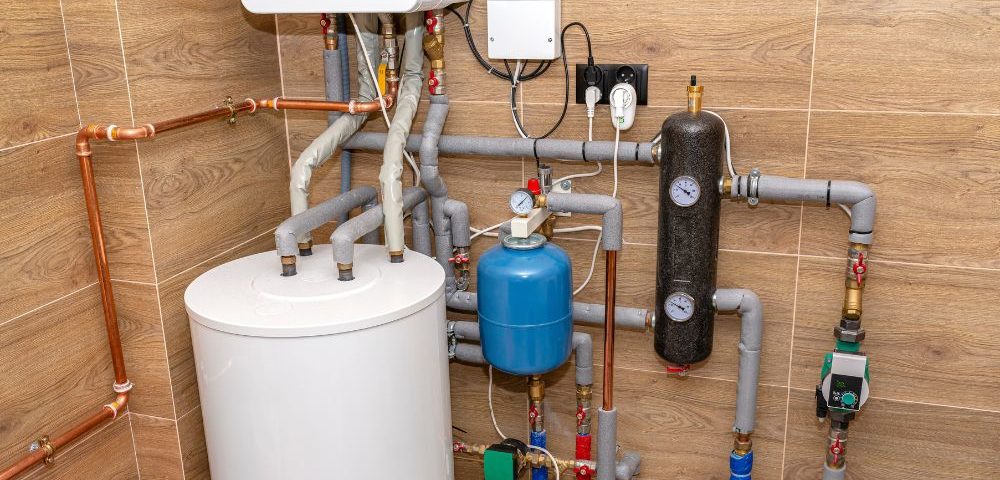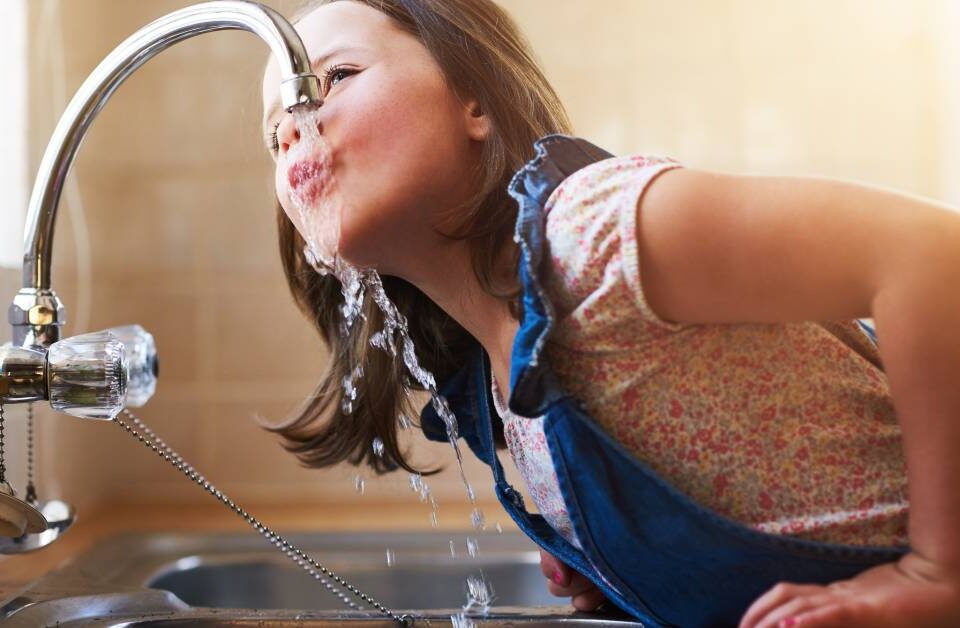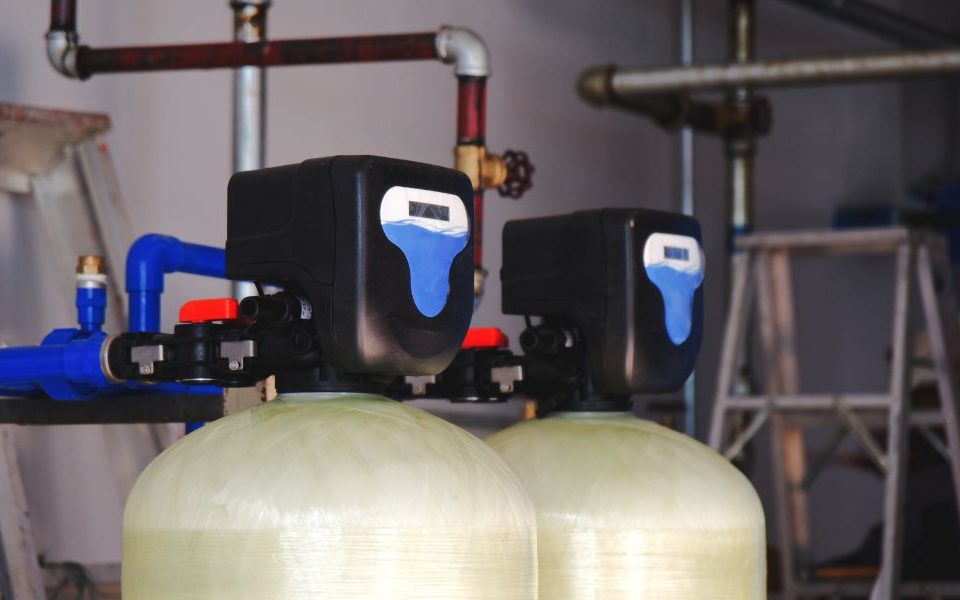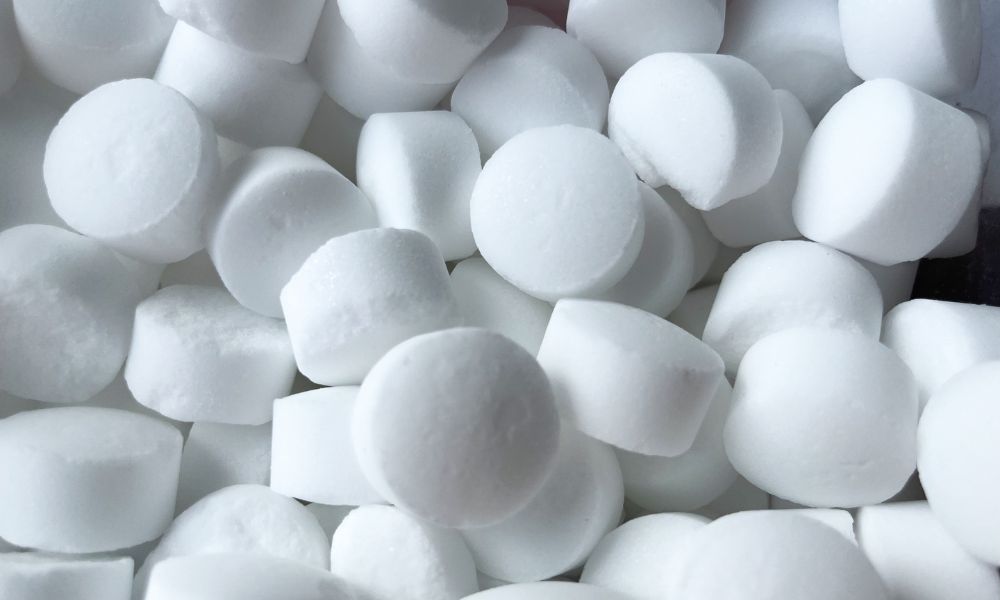
Why Does My Water Softener Require Salt?
April 25, 2023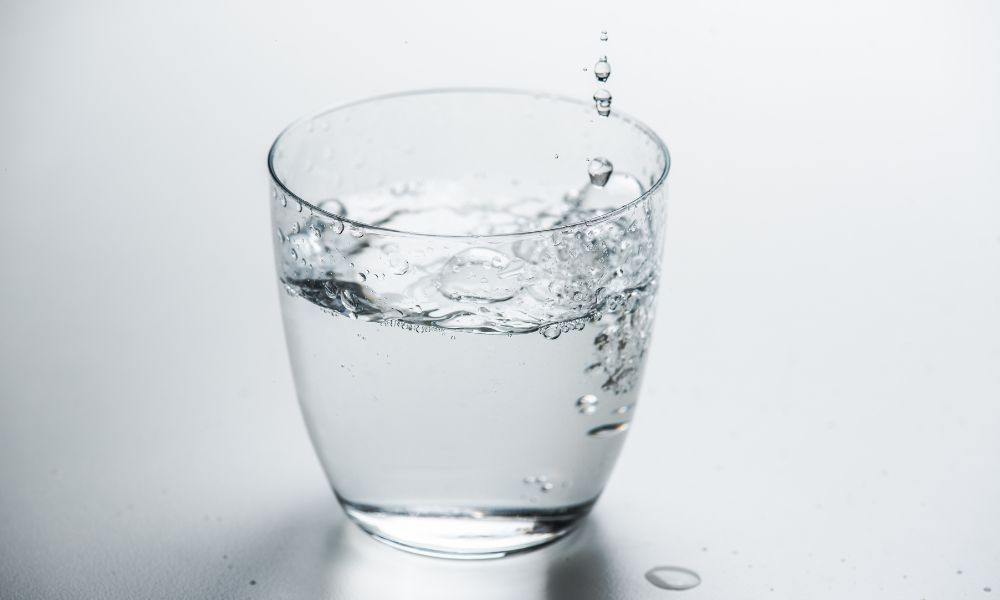
5 Reasons Why Acidic Water Is Bad for You
June 22, 2023Have you ever experienced issues with hard water? We have been there, too! Many of us have suffered the turmoils of hard water, from mineral buildup to wiping away stubborn rust stains. Fortunately, there’s a solution to our water struggles: water conditioners. Let’s equip ourselves in the battle against poor water quality. Water conditioning systems remove impurities from water, making it potable and free from contaminants. Let’s explore how exactly water conditioners work.
What Is a Water Conditioner?
A water conditioner improves water quality by removing minerals and other impurities. This system was first introduced in the early 1900s as an alternative to traditional water-softening methods that used salt. Water conditioners use an ion exchange process, where sodium ions replace magnesium and calcium. After replacing those ions, the result is softer water.
Water conditioners also eliminate contaminants like rust and limescale. The contaminants in untreated water can even damage your water supply. Investing in a water conditioner allows you to enjoy fresh, clean water without unwanted impurities.
Types of Water Conditioners
There are two types of water conditioners: salt-based and salt-free. Salt-based systems remove minerals from the water, while salt-free systems use template-assisted crystallization. The water conditioner you buy depends on the specific issues you’re dealing with. For example, salt-based systems are better for hard water with high mineral content, while salt-free systems are ideal for removing rust and limescale.
How Does a Water Conditioner Work?
A typical water conditioning system includes a resin tank, brine tank, control valve, and mineral tank. These components work together to remove minerals and impurities from the water.
When water enters the resin tank, it passes through a bed of resin beads that attract and trap minerals like calcium and magnesium. The control valve initiates a regeneration cycle that flushes the minerals out of the resin beads and into the drain.
Salt-based systems use a brine tank filled with salt to regenerate the resin beads, while salt-free systems use a catalytic media bed that converts minerals into harmless crystals.
Treating Different Water Issues
Water conditioners treat various conditions in the water supply, including hard water, rust, and limescale. A water conditioner’s process involves softening hard water by exchanging calcium and magnesium ions for sodium. At the same time, rust and limescale are treated by converting them into flushable, harmless particles.
There you have it! With this knowledge, you can make better decisions on finding a water conditioner that fits your home. Say goodbye to pesky water issues, and say hello to fresh, clean water in your home with a water conditioning system from Delmarva Water Solutions! Enjoy reaping the well-earned benefits of clean water.

